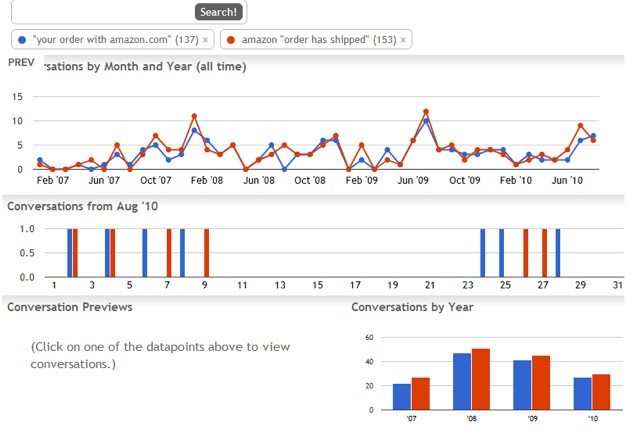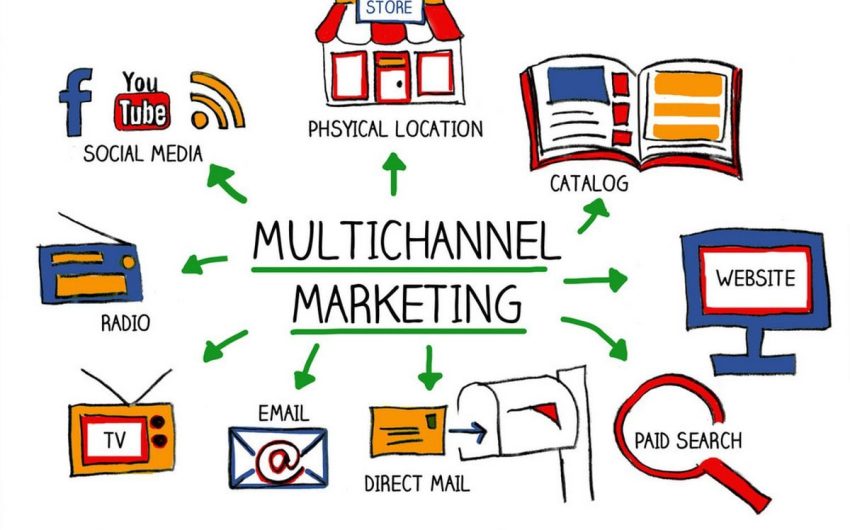
In the world of digital marketing, your inbox is a battlefield. Email marketing is a powerful tool, but it can be a double-edged sword. Used correctly, it can drive engagement, foster relationships, and boost sales. However, misused, it can lead to disengagement, unsubscribes, and a tarnished brand reputation. This long-form article will delve into the intricate balance of email frequency and its impact on your marketing strategy, particularly for businesses in knife sharpening and related services.
What’s the Frequency?
A standard question at every email conference is, “How often should I email my list?” Establishing an optimal frequency is crucial because emailing on a regular schedule helps build rapport with readers and establishes you as a trustworthy sender. However, the ideal frequency can vary depending on the nature of your email service and the needs of your recipients.

The Importance of Frequent Emails
Regular communication with your prospects and customers is essential. Whether through email, phone calls, one-on-one interactions, direct mail, or other media, building relationships is at the core of successful business growth. Here are several crucial factors influenced by frequent contact:
- Increased Brand Recall: Regular emails keep your brand top-of-mind for your audience. For a business specializing in knife sharpening, this means your customers will think of you first when their knives need honing.
- Customer Trust: Frequent, valuable emails build trust. When customers regularly receive useful information, they view you as a reliable resource.
- Revenue Growth: More touchpoints often lead to more opportunities for sales. Frequent emails can remind customers of your services and prompt them to make purchases or bookings.
Frequency Goes Up, Engagement Goes Down
While frequent emails can offer numerous benefits, there is a downside. A study by MailChimp found that frequency and engagement are negatively correlated. This means that as marketers send emails more frequently, customer engagement tends to decline. The study’s methodology involved analyzing click rates for marketers who varied their email frequency over time. The results were clear: increased email frequency often led to decreased click rates.
How Often Should You Email?
Ask ten marketers this question, and you’ll get ten different answers. The reason is simple: the optimal email frequency is different for every business. For a knife sharpening service, the frequency might depend on your customer base’s needs and the value you can provide in each email.
Key Considerations:
- Customer Preferences: Pay attention to feedback and engagement metrics. If open rates and click-through rates drop, you might be emailing too frequently.
- Content Value: Only email as often as you can provide real, tangible value. For instance, sending tips on knife maintenance, special offers, or reminders for sharpening services can keep your emails relevant and appreciated.
- Testing and Adjusting: Experiment with different frequencies and monitor the results. This will help you find the sweet spot that maximizes engagement without overwhelming your audience.
Complement Your Email Marketing Practices
For all its successes, email marketing is often most effective when used in conjunction with other campaigns and tactics. According to CEB, buyers go through about 57% of the purchasing process before even talking to a salesperson. This indicates that at certain touchpoints, your marketing efforts should extend beyond email.
Multi-Channel Approach
- Social Media: Use social platforms to complement your email campaigns. Share snippets of your emails, promote special offers, and engage with your audience in real-time.
- Content Marketing: Publish blogs, videos, and guides related to knife sharpening on your website. This content can be referenced in your emails, driving traffic back to your site.
- Direct Mail: For local businesses, consider sending direct mailers as a supplement to your emails. Physical reminders can be a powerful touchpoint, especially for customers who prefer tangible communication.

Case Study: Successful Email Strategy for Knife Sharpening Services
Let’s consider a hypothetical knife sharpening business, “SharpEdge Pro.” SharpEdge Pro wanted to increase their customer engagement and drive more repeat business through email marketing. Here’s how they did it:
- Weekly Tips and Tricks: SharpEdge Pro started a weekly email series providing valuable tips on knife maintenance, care, and sharpening techniques. This positioned them as an authority in their field and kept their audience engaged.
- Monthly Promotions: Once a month, they sent out special promotions and discounts. This increased their sales and encouraged customers to book sharpening services more frequently.
- Seasonal Reminders: They sent reminders before major holidays, suggesting that customers get their knives sharpened in preparation for holiday cooking. This timely relevance boosted their engagement rates significantly.
Lessons Learned
Reflecting on SharpEdge Pro’s strategy provides several valuable insights:
- Consistency is Key: Regular, valuable communication keeps your audience engaged.
- Value-Driven Content: Each email should offer something of value, whether it’s a tip, a discount, or important information.
- Multi-Channel Integration: Complement your email efforts with other marketing channels to maximize your reach and effectiveness.
In summary, navigating the battlefield of the inbox requires a balanced approach. Avoid overloading your audience with too many emails, but also ensure that your communications are frequent enough to keep your brand top-of-mind. By focusing on delivering value, experimenting with frequency, and integrating other marketing channels, you can optimize your email strategy for better engagement and business growth.
